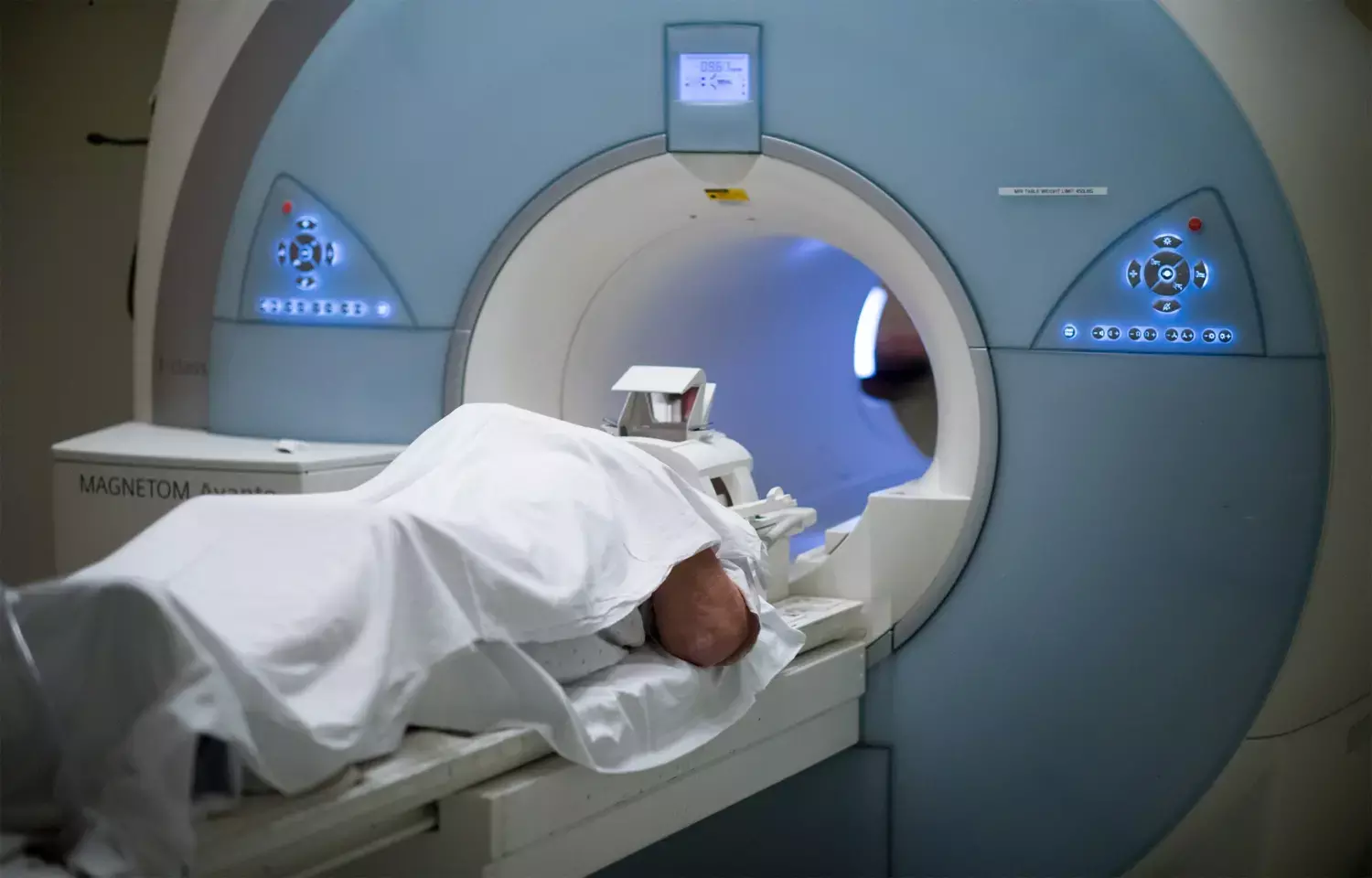- Home
- Medical news & Guidelines
- Anesthesiology
- Cardiology and CTVS
- Critical Care
- Dentistry
- Dermatology
- Diabetes and Endocrinology
- ENT
- Gastroenterology
- Medicine
- Nephrology
- Neurology
- Obstretics-Gynaecology
- Oncology
- Ophthalmology
- Orthopaedics
- Pediatrics-Neonatology
- Psychiatry
- Pulmonology
- Radiology
- Surgery
- Urology
- Laboratory Medicine
- Diet
- Nursing
- Paramedical
- Physiotherapy
- Health news
- Fact Check
- Bone Health Fact Check
- Brain Health Fact Check
- Cancer Related Fact Check
- Child Care Fact Check
- Dental and oral health fact check
- Diabetes and metabolic health fact check
- Diet and Nutrition Fact Check
- Eye and ENT Care Fact Check
- Fitness fact check
- Gut health fact check
- Heart health fact check
- Kidney health fact check
- Medical education fact check
- Men's health fact check
- Respiratory fact check
- Skin and hair care fact check
- Vaccine and Immunization fact check
- Women's health fact check
- AYUSH
- State News
- Andaman and Nicobar Islands
- Andhra Pradesh
- Arunachal Pradesh
- Assam
- Bihar
- Chandigarh
- Chattisgarh
- Dadra and Nagar Haveli
- Daman and Diu
- Delhi
- Goa
- Gujarat
- Haryana
- Himachal Pradesh
- Jammu & Kashmir
- Jharkhand
- Karnataka
- Kerala
- Ladakh
- Lakshadweep
- Madhya Pradesh
- Maharashtra
- Manipur
- Meghalaya
- Mizoram
- Nagaland
- Odisha
- Puducherry
- Punjab
- Rajasthan
- Sikkim
- Tamil Nadu
- Telangana
- Tripura
- Uttar Pradesh
- Uttrakhand
- West Bengal
- Medical Education
- Industry
Number of Contrast media administration has long-term adverse effect on renal function

A new study published in BMC Nephrology suggests that number of contrast administration interventions has a long-term effect on the renal function, similar to other risk factors. Therefore clinically effective long-term preventive interventions against the deterioration in renal function linked to exposure to contrast media are desirable.
Imaging tests utilizing contrast media have become essential and inevitable due to the ongoing requirement for method development to provide accurate diagnoses and precise treatment. In individuals with severe renal disease, the long-term effects of contrast media on renal function are yet unknown. Tomoyuki Takura's study sought to determine the association between long-term changes in renal function in individuals with renal failure and exposure to contrast media.
Patients who attended medical facilities in Japan between April 2012 and December 2020 and had a confirmed diagnosis of chronic renal disease were included in this retrospective cohort analysis. Contrast agent therapy and non-contrast agent therapy groups were created from the cohort. The number of contrast exposures and the deterioration in renal function served as evaluation indices. Based on trends in the stages of chronic kidney disease that have been observed, as well as tables of glomerular filtration rates that were obtained from various guidelines, the loss in renal function was computed. A stratified study that looked at changes in renal function while taking into consideration the accelerated course of chronic kidney disease was also carried out.
The key findings of this study were:
1. 333 patients from each group were enrolled after propensity score matching was used to account for patient background.
2. In the contrast-enhanced and non-contrast-enhanced groups, the observation periods were 5.3 ± 2.1 and 4.9 ± 2.2 years per case, respectively.
3. At the start of the observation period, the contrast-enhanced groups' estimated glomerular filtration rate was 55.2 ± 17.8 mL/min/1.73 m2 (P = 0.65).
4. The glomerular filtration rate change was 1.1 3.3 mL/min/1.73 m2/year in the contrast agent treatment group and tended to be greater with contrast media exposure, although being only marginally different in both groups.
5. The annual glomerular filtration rate changes in the contrast agent therapy and non-contrast agent therapy groups, respectively, were 7.9 7.1 mL/min/1.73 m2/year and 4.7 3.6 mL/min/1.73 m2/year in patients with more contrast media exposures and altered renal function.
Researchers were able to pinpoint a clinical pattern of effective countermeasures to the harmful renal effects brought on by exposure to contrast media. However, in individuals with impaired renal function, more frequent exposure to contrast media has a long-term impact. The use of the proper contrast media treatments may be able to manage chronic renal disease.
Reference:
Takura, T., Nitta, K., Tsuchiya, K., & Kawanishi, H. (2023). Long-term effects of contrast media exposure on renal failure progression: a retrospective cohort study. In BMC Nephrology (Vol. 24, Issue 1). Springer Science and Business Media LLC. https://doi.org/10.1186/s12882-023-03194-2
Neuroscience Masters graduate
Jacinthlyn Sylvia, a Neuroscience Master's graduate from Chennai has worked extensively in deciphering the neurobiology of cognition and motor control in aging. She also has spread-out exposure to Neurosurgery from her Bachelor’s. She is currently involved in active Neuro-Oncology research. She is an upcoming neuroscientist with a fiery passion for writing. Her news cover at Medical Dialogues feature recent discoveries and updates from the healthcare and biomedical research fields. She can be reached at editorial@medicaldialogues.in
Dr Kamal Kant Kohli-MBBS, DTCD- a chest specialist with more than 30 years of practice and a flair for writing clinical articles, Dr Kamal Kant Kohli joined Medical Dialogues as a Chief Editor of Medical News. Besides writing articles, as an editor, he proofreads and verifies all the medical content published on Medical Dialogues including those coming from journals, studies,medical conferences,guidelines etc. Email: drkohli@medicaldialogues.in. Contact no. 011-43720751


